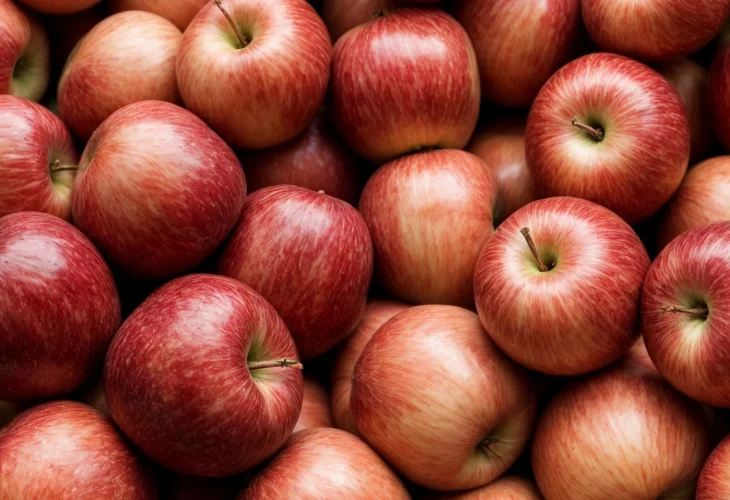Health and Nutrition
Gum Inflammation: Causes and Remedies
Swollen gums, sensitivity, and bad breath? Here's how to manage it effectively.
 (Photo: shutterstock)
(Photo: shutterstock)You don’t need a formal diagnosis to realize you are suffering from gum inflammation; you can certainly feel it.
A significant portion of the population experiences gum inflammation to varying degrees. This inflammation is caused by bacteria that stick to the teeth, forming plaque, which hardens into tartar. People with poor oral hygiene, an unbalanced diet, smokers, and those with common illnesses are more prone to gum inflammation.
Common symptoms include:
Swelling and redness
Sensitivity to heat and cold
Bleeding gums
Bad breath
An unpleasant taste in your mouth
How to Reduce Bacteria and Soothe Gum Inflammation
Sage
Brew a few sage leaves in a cup of boiling water, let it cool, and use it to rinse your mouth. You can also gently rub fresh sage leaves directly on the inflamed gums for added relief.
Oregano or Myrrh Essential Oils
Add a drop of high-quality oregano oil with a little water to your toothbrush. For myrrh oil, mix two drops in half a cup of water and rinse your gums several times a day.
Turmeric
Turmeric contains curcumin, a natural antioxidant that helps heal inflammation. Mix a teaspoon of turmeric with honey to create a paste, apply it to the gums, leave it for a few minutes, and rinse off.
Himalayan Salt Water
Dissolve a teaspoon of salt in warm water, mix, and rinse your mouth thoroughly. Repeat several times a day.
Raw Honey
Unheated honey has natural anti-inflammatory properties. Apply it directly to the inflamed area.
Aloe Vera
Cut an aloe vera leaf and rub it on the affected gums to soothe irritation.
An Apple a Day
Eating a whole apple daily can help strengthen the gums and prevent inflammation.
Vitamin C Supplement
Essential for healing wounds and reducing inflammation.
Coenzyme Q10
An antioxidant that improves oxygen supply to gum tissues, assisting in prevention and healing.
Diet and Lifestyle Tips
Avoid empty carbohydrates and sugar, which contribute to bacterial plaque and weaken the immune system.
Avoid smoking, which significantly reduces the chances of curing gum disease and increases exposure to free radicals.
Maintaining Good Oral Hygiene
Brush twice daily with an electric toothbrush.
Regularly use dental floss to remove plaque between teeth.
Visit a dental hygienist every 3 to 12 months, depending on your condition.
By combining proper oral hygiene, a nutrient-rich diet, and natural remedies, you can prevent and manage gum inflammation effectively, keeping your gums healthy and your mouth feeling fresh.

